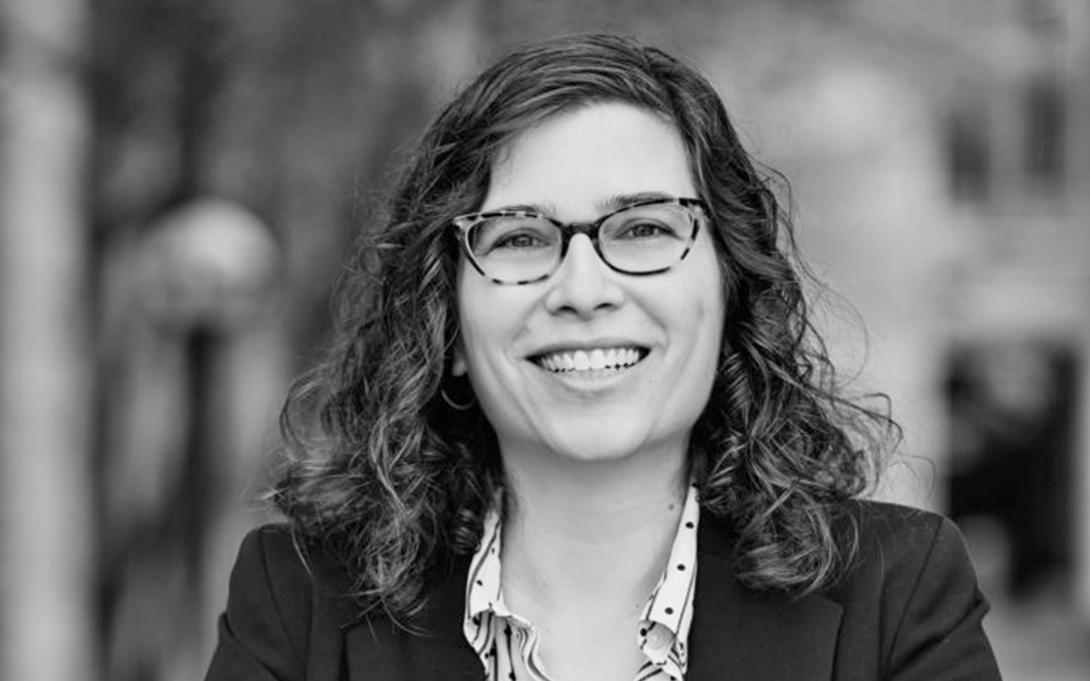
Since the implementation of the governor’s stay at home order, Ann Arbor’s vehicle traffic has declined markedly. Ann Arbor city council members may consider vehicle street closures in an effort to expand space available for pedestrians and cyclists during state-mandated social distancing. Molly Kleinman, Transportation Commission chairwoman and program manager of the Ford School’s Science, Technology, and Public Policy program, released a statement last week making a case for opening the streets, featured in an MLive article on April 23.
“Around the world, cities of all sizes are opening streets to humans and closing them to cars, making space for people to practice safe social distancing while getting outside during the COVID-19 lockdowns,” she said.
Kleinman noted that rebalancing streets this way is a public health and an equity issue. “Public health officials recommend outdoor exercise and activities as important tools to combat the pain and anxiety of extended isolation, but not everyone has equal access to safe outdoor spaces,” she said. “Low-income neighborhoods are less likely to have yards or sidewalks where residents can safely get outside, and playgrounds are closed.”
On April 14, Raymond Hess, the city’s transportation manager, submitted a memo outlining options to the city council for such a move. In it, he noted that “on-street parking spaces downtown, for example, could be blocked off to allow wider sidewalks or pedestrian passing zones.” City council members have started discussions and are gathering input from city residents.
Read the full article here.
Molly Kleinman is the Program Manager of the Science, Technology, and Public Policy program. She studies higher education policy, access to information, and faculty experiences with technology. Molly received her Ph.D. in Higher Education Policy from the University of Michigan Center for the Study of Higher and Postsecondary Education, her M.S. in Information from the University of Michigan School of Information, and her B.A. in English and Gender Studies from Bryn Mawr College.
